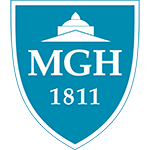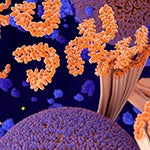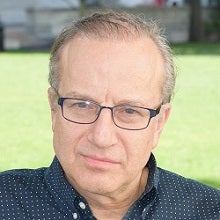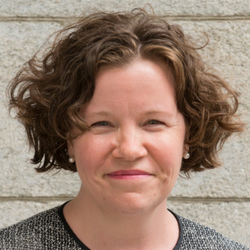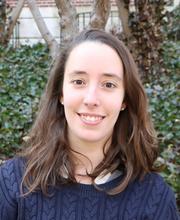Neuro Topics - Artificial Intelligence
SEARCH OTHER RESEARCH AREAS
April 22, 2024
A new study led by Mass. General Hospital researchers shows how a generative artificial intelligence (AI) model that can analyze the narrative accounts of women who have undergone recent childbirth can accurately screen for post-traumatic stress disorder (CB-PTSD).
Original article in: Scientific Reports >
January 25, 2024
Cognitive psychology researchers at Harvard University have discovered that creative writing involves the integration of semantically distant ideas with perceptually descriptive information. Furthermore, current large language models are able to generate short stories that are comparable in creativity to those written by humans.
Original article in: Journal of Creative Behavior >
July 21, 2023
HMS News article on new research from Kun-Hsing Yu and colleagues, co-first authors MacLean P. Nasrallah (Penn) and Junhan Zhao, creating an AI tool that can rapidly decode a brain tumor’s DNA to determine its molecular identity during surgery — critical information can take a few days and up to a few weeks with current approaches.
Original article in: Med >
March 3, 2023
Harvard Gazette article on new research from Hyungsoon Im, Sudeshna Das, and first author Matthew Leming. Using a new deep-learning model trained on tens of thousands of routine brain scans, and they spotted disease risk with 90% accuracy.
Original article in: PLoS One >
September 20, 2022
HMS News article on new research from Matthew Crowson, Christopher Hartnick, and colleagues at HMS and Mass. Eye and Ear. They built an artificial intelligence model that they have shown to outperform clinicians in diagnosing pediatric ear infections.
Original article in: Otolaryngology–Head and Neck Surgery >
December 9, 2021
Round up of awards and honors earned by the HBI community.
Original article in: Otolaryngology–Head and Neck Surgery >
December 9, 2021
Harvard Gazette article on new research from Steven A. Lubitz and colleagues, first author Shaan Khurshid, using an artificial intelligence-based method for identifying patients who are at risk for atrial fibrillation, a common condition that often leads to the formation of clots in the heart that can travel to the brain and cause a stroke.
Original article in: Circulation >
March 23, 2021
HMS News article on new research from Mark Albers, Artem Sokolov, and colleagues, co-first authors Steve Rodriguez and Clemens Hug, using an artificial intelligence-based method to screen currently available medications as possible treatments for Alzheimer’s disease.
Original article in: Nature Communications >
May 2, 2019
Artificial intelligence reveals what neurons in the visual cortex prefer to look at.
Original article in: Cell >
April 3, 2019
HMS News article on a new report from Isaac Kohane and colleagues at Google outlining the promises and pitfalls of machine learning in medicine.
Original article in: New England Journal of Medicine >
August 30, 2018
Harvard Gazette story on an open-source AI tool for studying movement across behaviors and species, from the of labs of Mackenzie Mathis, Venkatesh Murthy and colleagues.
Original article in: Nature Neuroscience >
August 29, 2018
The One Mind Rising Star Awards encourage the community of researchers to innovate in basic and translational science to benefit patients, while supporting the research of emerging leaders in the field.
Original article in: Nature Neuroscience >
August 6, 2018
The prize is named in honor of the late neuroscientist Nakaakira Tsukahara of Osaka University and honors outstanding Japanese life sciences researchers.
Original article in: Nature Neuroscience >
August 4, 2018
Lauren is a postdoc in David Ginty's lab; Clara is a graduate student in Nao Uchida's lab. This award is designed to recognize, reward and foster talented early-career biomedical scientists.
Original article in: Nature Neuroscience >
June 29, 2018
Daniela Di Bella, a postdoc in Paola Arlotta’s lab, has been named to the Pew Latin American Fellows Program in the Biomedical Sciences. Each fellow will receive two years of funding to study with a principal investigator in the United States.
Original article in: Nature Neuroscience >
June 12, 2018
Michael Wells, a postdoc in Kevin Eggan’s lab, has been selected to participate in the Linton-Poodry SACNAS Leadership Institute and has also been selected for the Burroughs Wellcome Fund’s Postdoctoral Enrichment Program.
Original article in: Nature Neuroscience >

